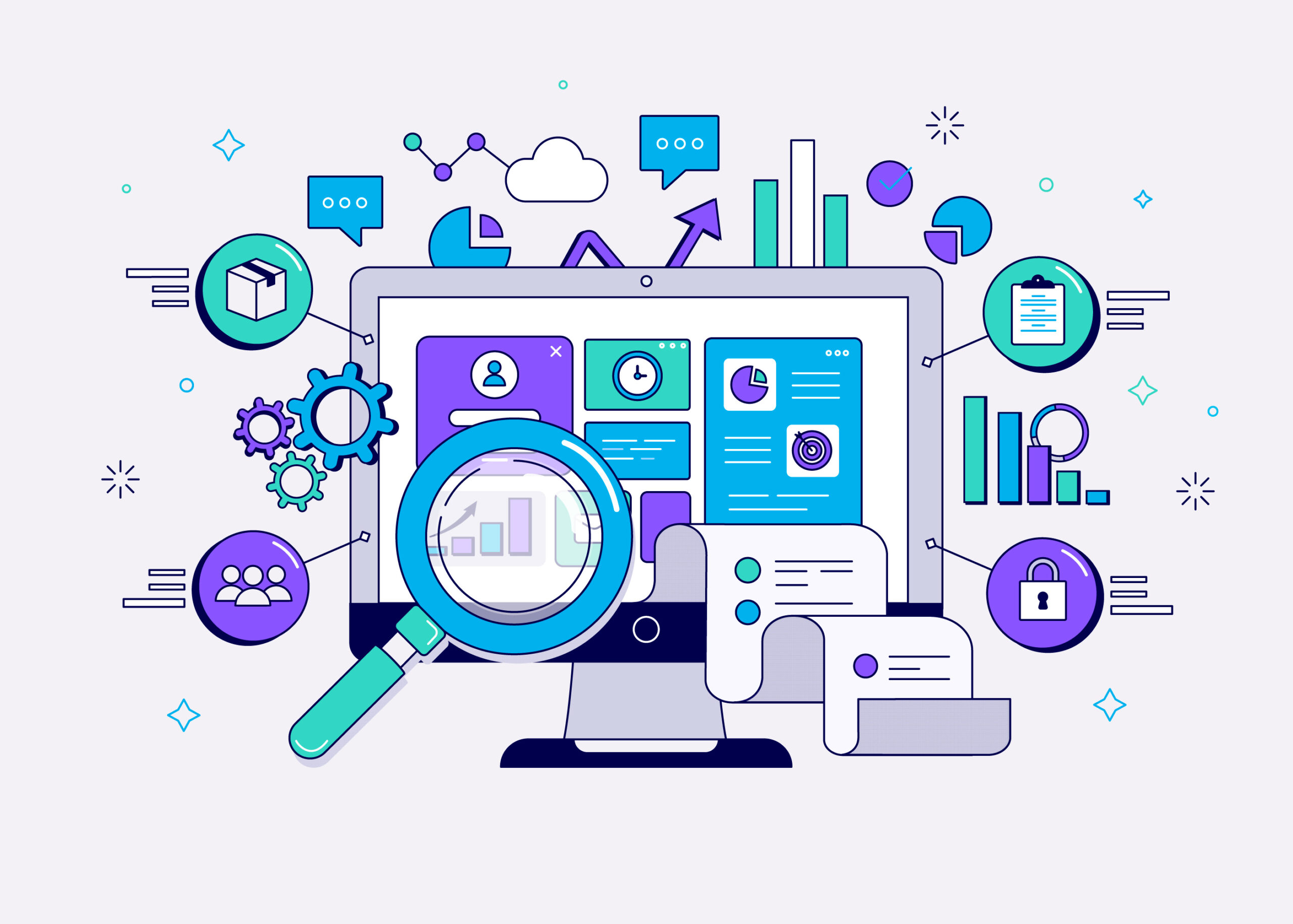
Enterprise Resource Planning (ERP)
ERP is an acronym that stands for enterprise resource planning. The easiest approach to describe ERP is to consider all of the essential business operations required to run an organization: HR, finance, procurement, manufacturing, supply chain, services, and so on. At its most basic level, ERP aids in the effective management of all of these processes in a unified system. Today, ERP operates over the cloud and employ cutting-edge technology such as artificial intelligence (AI) and machine learning to enable smarter automation, increased productivity, and real-time visibility throughout the organization.
An ERP software system, sometimes known as the “central nervous system of a company”, offers the automation, integration, and intelligence required to efficiently execute all day-to-day corporate processes.

Classical ERP
Classical ERPs were based on monolithic architecture, which means the ERP is unified and independent. The tech stack follows MVC, .NET, and Dot Net Core. It can be used on desktops and can be shared with other in-house users.

Modern ERP
Modern ERPs are based on micro services and based on the tech stack of MERN. The Front-end Modern ERPs use React, and Node.js for the backend, while it uses the nonrelational database MongoDB.

